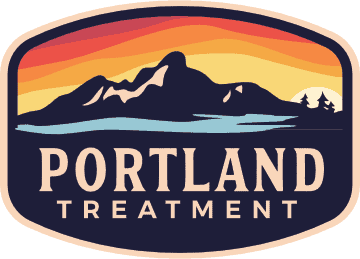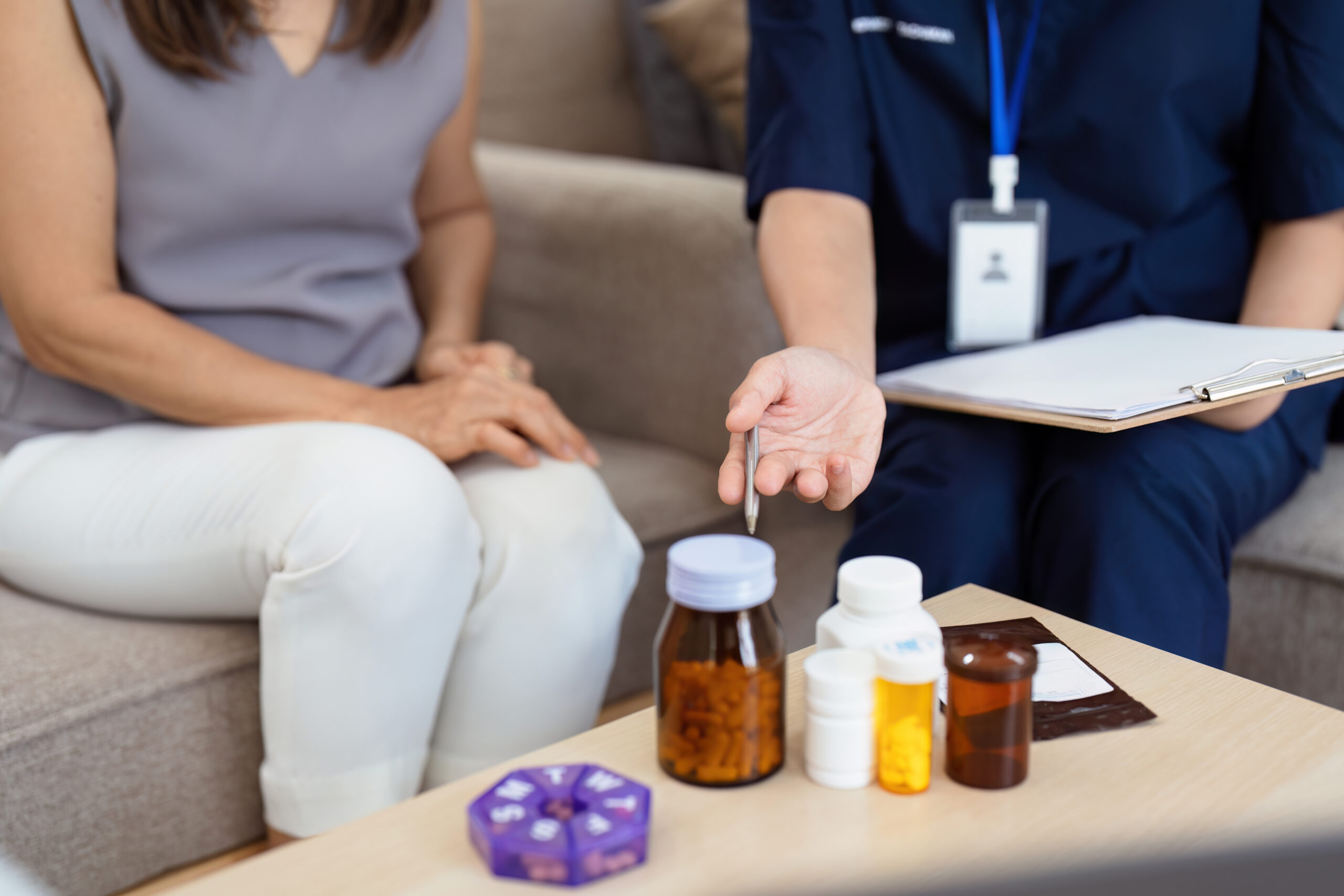Understanding Stimulants and Their Impact
Stimulants are a broad category of substances known for their ability to increase activity in the central nervous system, resulting in heightened energy, alertness, and concentration. While some stimulants are medically prescribed to manage conditions such as ADHD and narcolepsy, others are illicit substances associated with serious health risks and high addiction potential.
At Portland Treatment Center, we provide comprehensive, evidence-based treatment options for stimulant addiction, whether it involves prescription medications or illicit substances.
Types of Stimulants
Prescription Stimulants
Prescription stimulants, such as Adderall, Ritalin, Concerta, and Vyvanse, are commonly used to treat attention deficit hyperactivity disorder (ADHD), narcolepsy, and occasionally obesity. While beneficial when used as prescribed, these medications can lead to misuse due to their stimulating effects, including increased alertness, focus, and energy.
Explore more about our treatment approach for Prescription Stimulants.
Illicit Stimulants
Illicit stimulants like methamphetamine, cocaine, and synthetic cathinones (“bath salts”) are illegal substances with no accepted medical use. These drugs carry significant risks, including severe addiction, overdose, cardiovascular complications, and lasting psychological damage.
Learn about our specialized care for Illicit Stimulants, including Methamphetamine.
Common Effects of Stimulants
Stimulants affect users both physically and psychologically. Common effects include:
Increased alertness and energy
Elevated heart rate and blood pressure
Temporary feelings of euphoria
Anxiety and agitation
Risk of paranoia or psychosis at higher doses or prolonged use
Recognizing Stimulant Addiction
Recognizing the signs of stimulant addiction early is critical for effective treatment. Common indicators of stimulant misuse include:
Behavioral changes such as mood swings, aggression, or social isolation
Physical signs like weight loss, disturbed sleep patterns, and skin issues
Psychological symptoms including anxiety, paranoia, and hallucinations
Comprehensive Stimulant Addiction Treatment
At Portland Treatment Center, our approach to stimulant addiction recovery is tailored and compassionate. Treatment may involve:
Medically Supervised Detox
The detox process safely manages withdrawal symptoms as stimulants leave the body, providing medical support and symptom relief. Withdrawal symptoms from stimulants commonly include:
Mood swings and depression
Fatigue and disturbed sleep
Intense cravings
Irritability and restlessness
Inpatient Treatment Programs
Inpatient treatment offers intensive care in a structured, supportive environment. Benefits include:
Round-the-clock medical and psychological care
Comprehensive education about addiction
Training in coping strategies, stress management, and healthy relationship skills
Holistic therapies to enhance recovery
Outpatient Treatment Programs
Outpatient care provides flexibility, allowing clients to fulfill work, family, or school responsibilities while attending therapy sessions several times per week. Treatment may include:
Individual, group, and family counseling
Evidence-based therapies such as Cognitive Behavioral Therapy (CBT) and Dialectical Behavior Therapy (DBT)
Specialized therapies like art therapy and music therapy
Ongoing Support and Alumni Programs
Recovery from stimulant addiction is a long-term process. Our alumni programs and ongoing support groups provide critical resources to help sustain long-term sobriety. Continued therapy and peer support are essential for maintaining recovery, preventing relapse, and building a supportive community.
Holistic and Integrated Care
Our holistic treatment options—such as mindfulness practices, fitness counseling, and nutritional support—promote overall wellness and support lasting recovery.

